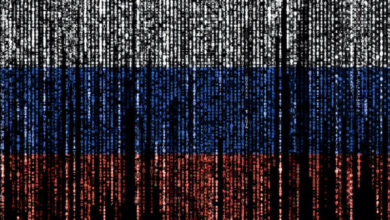The risk of escalation from cyberattacks has never been greater

Enlarge (credit: Huang Evan via Getty Images)
In 2022, an American dressed in his pajamas took down North Korea’s Internet from his living room. Fortunately, there was no reprisal against the United States. But Kim Jong Un and his generals must have weighed retaliation and asked themselves whether the so-called independent hacker was a front for a planned and official American attack.
In 2023, the world might not get so lucky. There will almost certainly be a major cyberattack. It could shut down Taiwan’s airports and trains, paralyze British military computers, or swing a US election. This is terrifying, because each time this happens, there is a small risk that the aggrieved side will respond aggressively, maybe at the wrong party, and (worst of all) even if it carries the risk of nuclear escalation.





